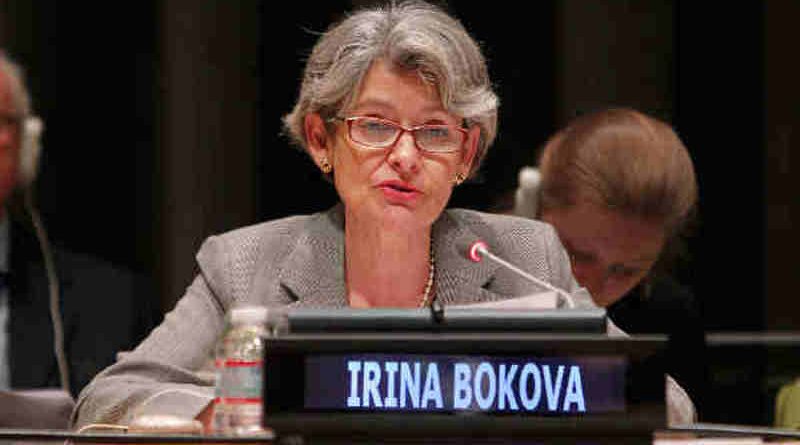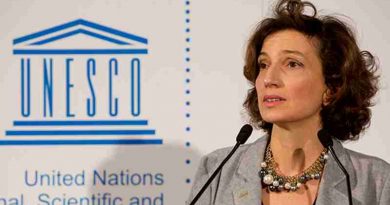The United States Withdraws from UNESCO. Why?

On Thursday, October 12, 2017, the U.S. Department of State notified UNESCO Director-General Irina Bokova of the U.S. decision to withdraw from the organization and to seek to establish a permanent observer mission to UNESCO.
According to a U.S. State Department statement, this decision was not taken lightly, and reflects U.S. concerns with mounting arrears at UNESCO, the need for fundamental reform in the organization, and continuing anti-Israel bias at UNESCO.
In response, UNESCO voiced “profound regret.” “This is a loss to UNESCO. This is a loss to the United Nations family. This is a loss for multilateralism,” said Irina Bokova in a statement.
Ms. Bokova recalled that in 2011, when the US suspended payment of its membership contributions, she was convinced that the UNESCO never mattered as much for the US or vice versa.
[ Trump Threatens to Cancel Licenses of News Networks ]
“This is all the more true today,” she stated “when the rise of violent extremism and terrorism calls for new long-term responses for peace and security, to counter racism and antisemitism, to fight ignorance and discrimination.”
“Despite the withholding of funding, since 2011, we have deepened the partnership between the United States and UNESCO,” Ms. Bokova said. “Together, we have worked to protect humanity’s shared cultural heritage in the face of terrorist attacks and to prevent violent extremism through education and media literacy.”
The United States indicated to the Director General its desire to remain engaged with UNESCO as a non-member observer state in order to contribute U.S. views, perspectives, and expertise on some of the important issues, including the protection of world heritage, advocating for press freedoms, and promoting scientific collaboration and education.
Pursuant to Article II(6) of the UNESCO Constitution, U.S. withdrawal will take effect on December 31, 2018. The United States will remain a full member of UNESCO until that time.
💛 Support Independent Journalism
If you find RMN News useful, please consider supporting us.




